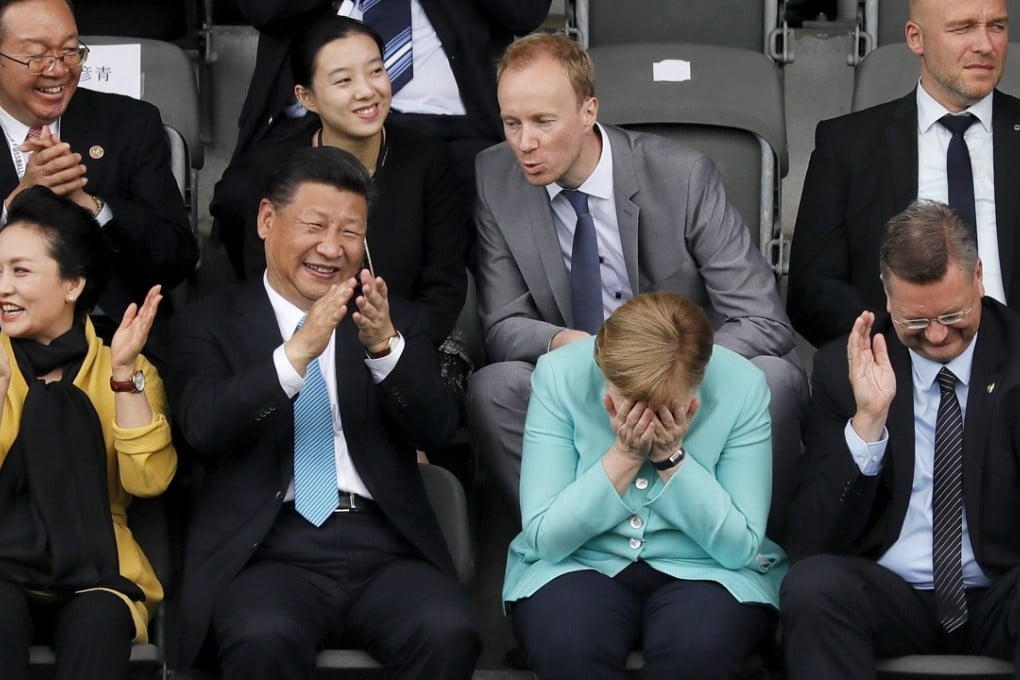Xi Jinping’s 2050 World Cup soccer dream: where China has got it wrong
Mark Dixon says China’s ambition to win the most important game in the world may just come true, but it should stop focusing on buying the big-name soccer clubs and instead invest in the smaller ones on a massive scale

President Xi Jinping (習近平) has a very Chinese, years-in-advance ambition for the nation: to qualify, host and win the World Cup by 2050.
Few people from a country that has yet to qualify for a World Cup would seriously dream about actually winning the most important game in the world. But China isn’t an ordinary country, 23 years isn’t an ordinary time frame, and Xi isn’t an ordinary person.
He might actually pull it off. Indeed, there is probably no one in the world more powerful than Xi, if power is measured by the potential impact of a person’s whim – a leader’s power is the country’s strength multiplied by the degree to which his will is heeded.
One man’s hobby has become a nation’s goal – and a corporate sector’s duty.
Does China have 7,000 potential Lionel Messis? Soccer academy boss admits he’s yet to see one

Watch: Inside the world’s biggest soccer boarding school
My firm has just released statistics showing that, in the past three years, China has invested more foreign exchange buying soccer teams than all other countries put together. Total Chinese soccer investment between 2014 and 2016 amounted to €2.15 billion (HK$19 billion), vs €1.94 billion from the 40 other countries combined.